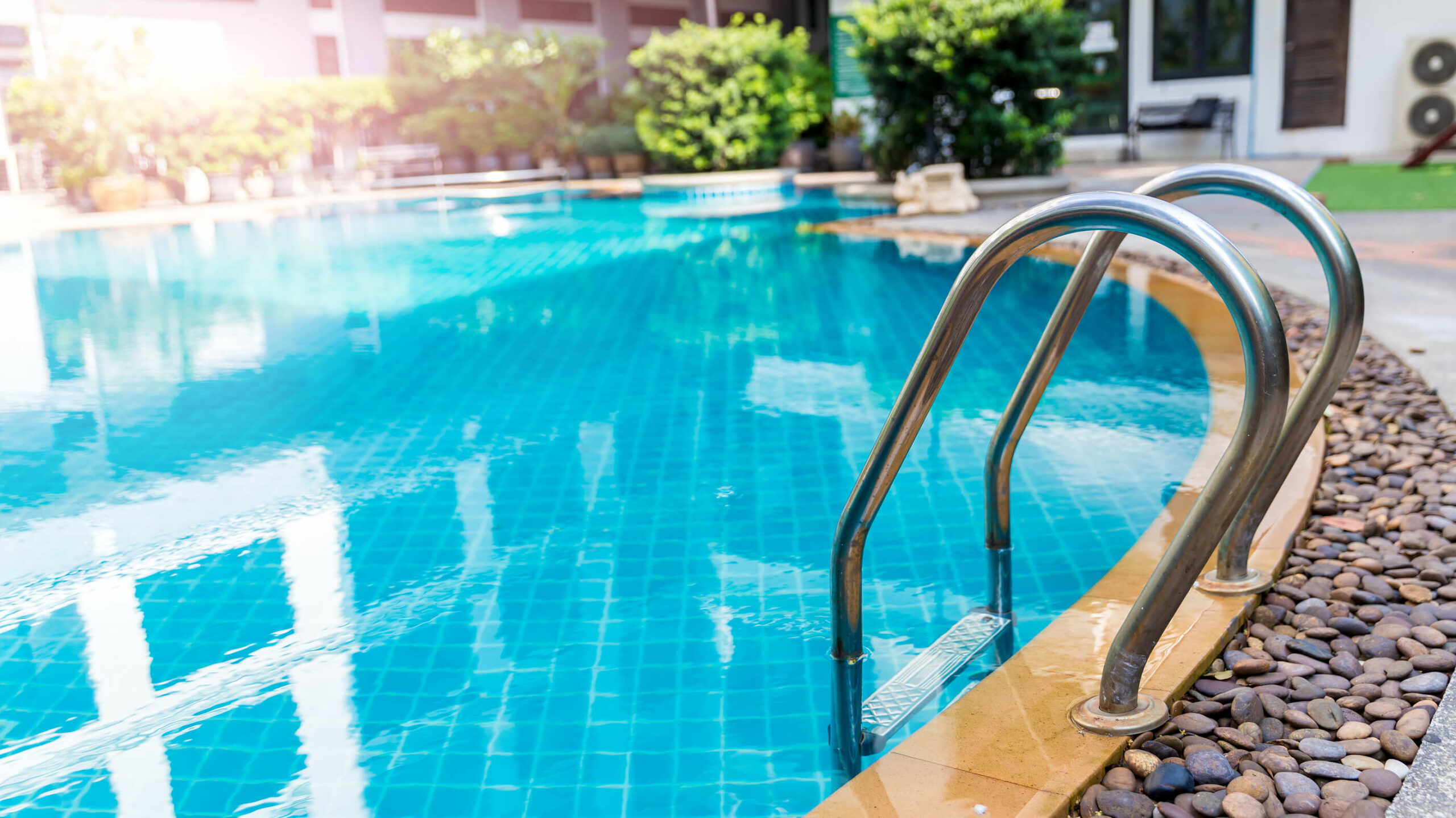
Summer is here, and for many of us, that means hitting the pool or beach to cool off and have some fun in the water. But did you know that swimming can be harmful to your ears if you’re not careful? Chlorine, bacteria, and pressure changes can all cause ear problems, from swimmer’s ear to tinnitus. So, let’s dive into some tips to help you protect your ears while swimming. Wear earplugs – Earplugs aren’t just for concerts – they’re also a must-have for swimmers. They create a barrier between your ears and the water, reducing your risk of ear infections, swimmer’s ear, and other problems. You can find earplugs specifically designed for swimming at your local sporting goods store or online. And don’t worry – they won’t keep you from hearing your friends’ underwater jokes.
Dry your ears thoroughly – After swimming, make sure to dry your ears thoroughly. Tilt your head to each side to allow water to drain out, and gently towel dry the outside of your ears. Avoid sticking anything in your ear canal, as this can push water further in and cause damage. Keep your ears clean – Chlorine and other pool chemicals can irritate your ears and cause infections. To keep your ears clean, use a solution of equal parts white vinegar and rubbing alcohol to rinse them out after swimming. You can also use over-the-counter ear drops to help dry out excess water and prevent infections.
Equalize the pressure – If you’re diving or swimming deep, you may experience pressure changes that can be painful or cause damage to your ears. To equalize the pressure, pinch your nose and gently blow through it while keeping your mouth closed. This will help equalize the pressure in your ears and prevent discomfort.
Take a break – If you start to experience discomfort or pain in your ears while swimming, take a break. This will give your ears a chance to rest and recover. And if you have a history of ear problems, talk to your doctor before swimming to discuss any additional precautions you should take.
Protecting your ears while swimming is essential for maintaining your hearing health. By wearing earplugs, drying your ears thoroughly, keeping them clean, equalizing the pressure, and taking breaks as needed, you can enjoy swimming safely and prevent ear problems down the road. So, grab your goggles and hit the water – your ears will thank you for it! 🏊♀️🏊♂️👂
